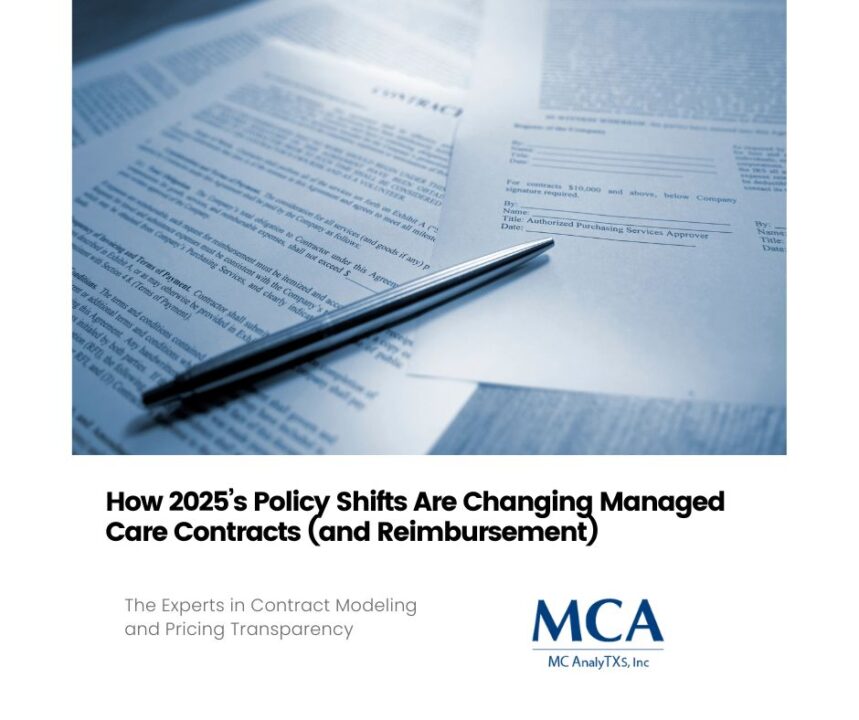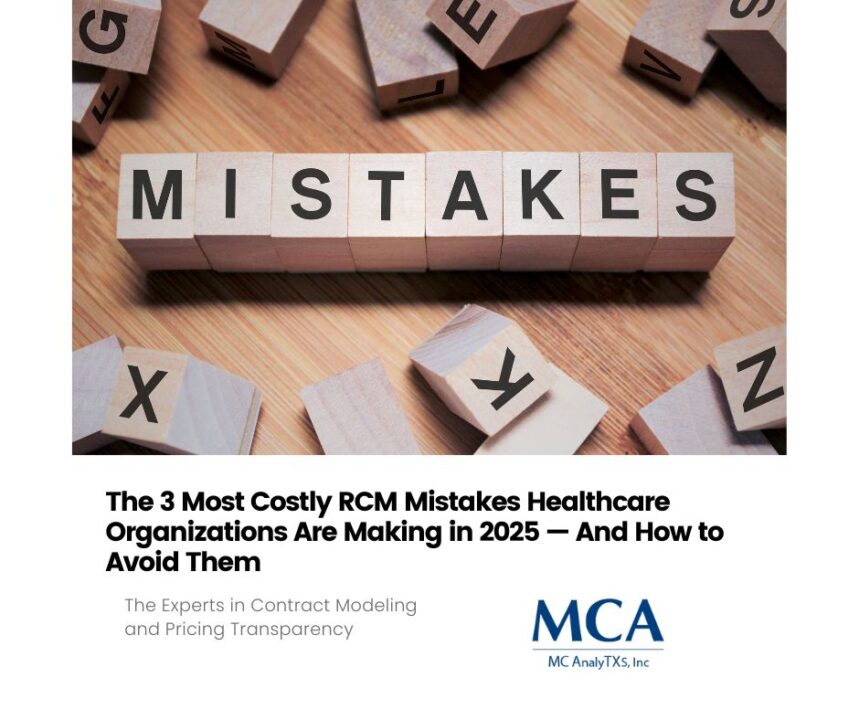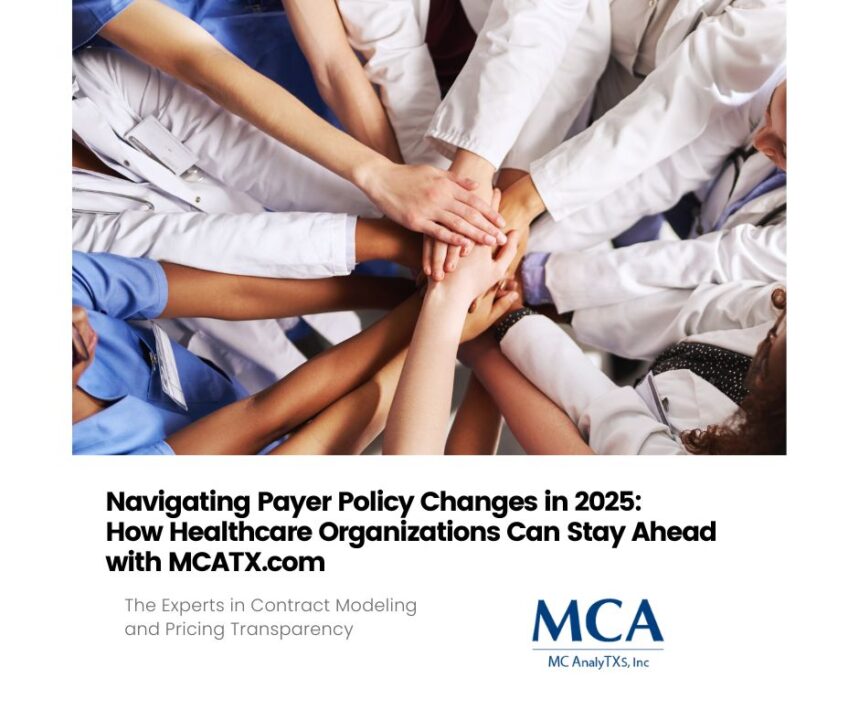
The Future of RCM: Top 2024 Predictions
January 3, 2024
Why More and More Health Systems are Outsourcing RCM Functions in 2024
January 8, 2024The healthcare industry is growing at an exponential rate, and with increased growth comes a heavier financial burden. Healthcare providers are now more than ever, working towards ensuring their facilities remain profitable while providing high-quality care to patients. However, with the increasing number of patients, medical procedures, and insurance regulations, payments and billing have become more complex. Even though improving billing efficiency has been identified as a way to streamline the payment process and reduce the financial burden, it has often been overlooked in most healthcare financial improvement plans. In this article, we will analyze why billing efficiency should remain an integral aspect of any healthcare financial improvement plan.
Reduced costs:
Improving billing efficiency can lead to significant cost savings for healthcare providers. With streamlined billing procedures, there is less paperwork, fewer errors, and better use of resources. This can significantly reduce labor costs and expedite the payment process, thereby improving the facility’s cash flow.
Improved revenue cycle management:
Billing inefficiency can significantly impact cash flow management, increase costs, and cause serious revenue cycle management issues. Streamlining billing procedures, reducing the number of errors, and improving payment processing times significantly impact revenue cycle management efforts.
Increased patient satisfaction:
Patient experience is a crucial aspect of healthcare, and billing efficiency can positively impact it. Delayed billing or surprises in medical bills can lead to anxiety, frustration, and dissatisfaction with the healthcare facility. Improved billing processes improve transparency, making it easier for patients to understand the billing process and the cost of services. This makes it easier for patients to plan and budget for medical expenses.
Improved regulatory compliance:
The healthcare industry is subject to several regulations that can impact billing processes. Keeping up with the ever-changing regulations and requirements can be challenging, but taking steps to streamline billing processes while maintaining compliance can significantly improve the billing process, reduce errors, and minimize regulatory fines.
Improved bottom line:
Improving billing efficiency can go a long way toward improving the bottom line of healthcare facilities. Efficient billing procedures help reduce delays in the payment process, reducing the cost of billing, and improving the overall cash flow, leading to increased profitability.
Conclusion:
Efficient billing procedures not only help healthcare facilities maintain their bottom line but they can also positively impact patient experience, reduce costs, and improve regulatory compliance. Healthcare CFOs, revenue cycle directors, and managed care directors should understand the importance of billing efficiency in healthcare financial improvement plans and prioritize addressing inefficiencies as part of their financial management. By streamlining billing operations, healthcare organizations can realize significant cost savings, improve revenue cycle management, and ultimately improve patient satisfaction.
To learn more join our upcoming webinar Thursday, January 18th at 1 pm CST.





